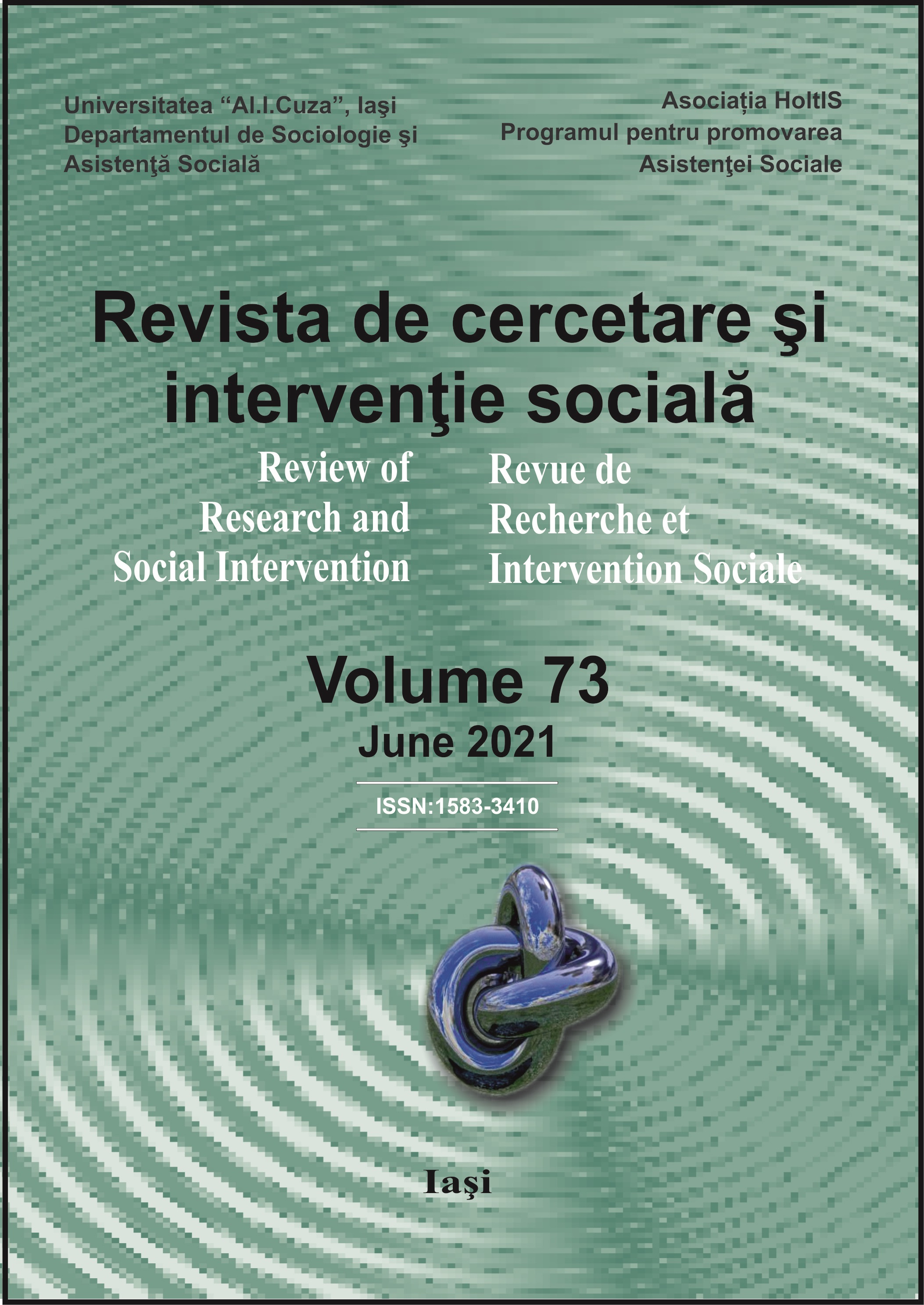The Socio-Cultural and Confessional Dimension of Delusional Ideas Content in the Spectrum of Non-Organic Psychotic Disorders
The Socio-Cultural and Confessional Dimension of Delusional Ideas Content in the Spectrum of Non-Organic Psychotic Disorders
Author(s): Dania Andreea RADU, Andreea Silvana Szalontay, Adela Magdalena Ciobanu, Ilinca UNTU, Doinita TEMELIE-OLINICI, Alexandra Bolos, Roxana ChiritaSubject(s): Social Sciences, Sociology, Applied Sociology, Evaluation research, Health and medicine and law
Published by: Expert Projects Publishing
Keywords: delusional idea; psychotic disorder; sociocultural factors; social status; social interaction;
Summary/Abstract: In the last decade, population clinical trials support the disabling nature of most globally diagnosed psychotic disorders. As a defining integral part of this pathology, the delusional idea considered to be the result of the inaccurate and abnormal interpretation of an external reality is individualized, despite the contrary evidence. This ideation’s clinical expression variability is influenced by a heterogeneous spectrum of biological and psychosocial factors, predisposing and/or favouring. This review’s main objective is to identify a series of relational patterns of the content of delusional ideation with socio-familial and cultural/confessional parameters to obtain a holistic approach to patients. Careful decipherment of these conditions can be the basis for developing new interventions that are much more effective in establishing a long-term diagnostic and therapeutic strategy.
Journal: Revista de Cercetare şi Intervenţie Socială
- Issue Year: 2021
- Issue No: 73
- Page Range: 326-337
- Page Count: 12
- Language: English

